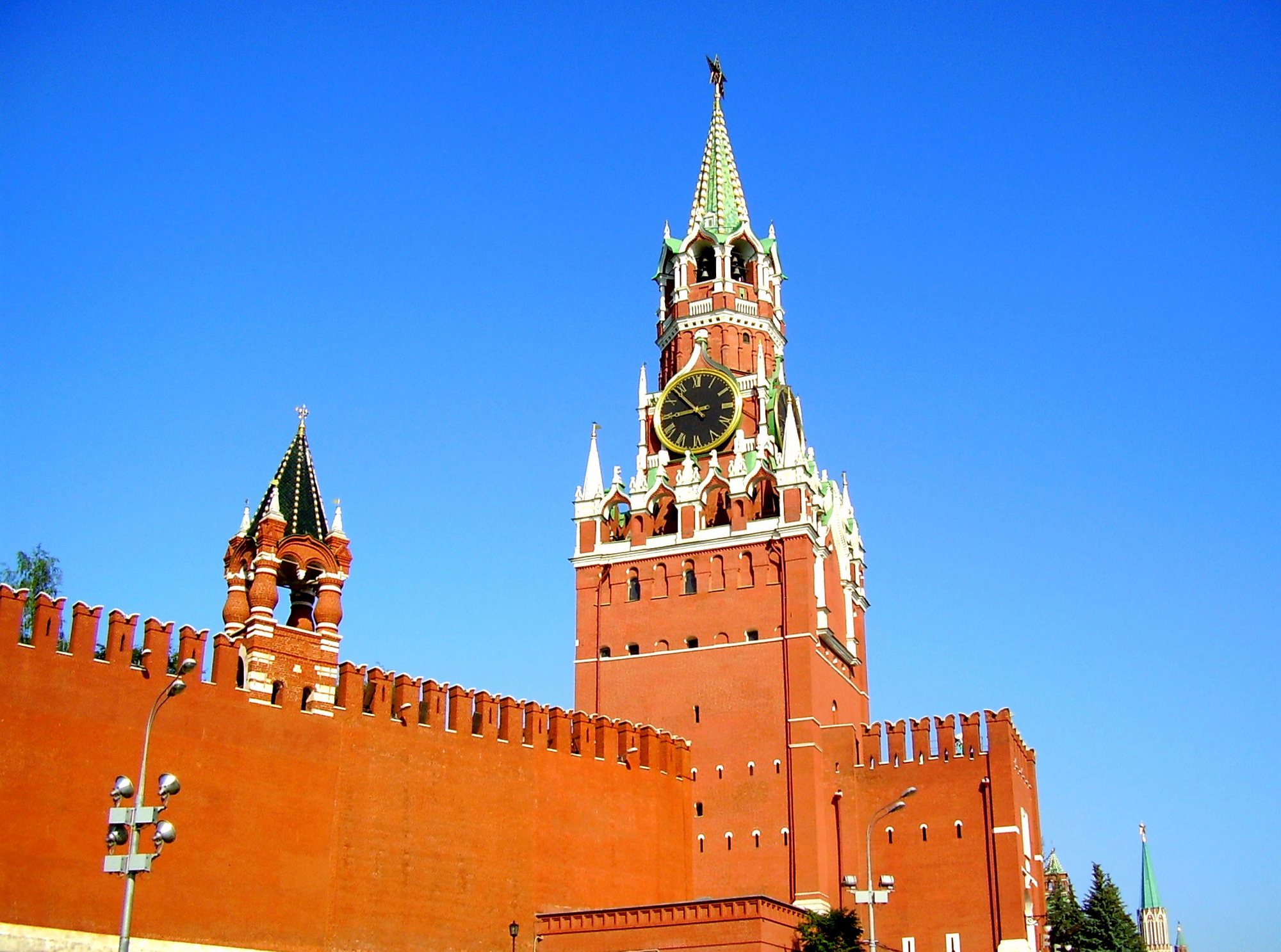By Irina Alksnis
On the eve of negotiations with the US on the Donbass problem, Sergey Lavrov outlined Russia's position on Ukraine as a whole. In fact, Moscow suggests that the West ‘close the Ukrainian project’ and return it to where it historically belongs, namely in the zone of Russian influence. And it's hard not to notice the malice in the remark that otherwise the Kremlin is ready to wait and return to this conversation in another few years.
On Sunday, as part of an interview with one of the federal television channels, Russian Foreign Minister, Sergey Lavrov, made a number of landmark statements on a wide range of foreign policy issues. Among the most noteworthy are those that relate to the Ukrainian crisis. As you know, the fighting situation on the contact line in Donbass is still very difficult.
Official rhetoric of Moscow on this issue is characterized by an increased level of rigidity, in places passing into a very ambiguous irony. In this connection, it is sufficient to recall the recent comment by the Russian president's spokesman that the Kremlin does not ‘count ammunition’ the militia has, but only hopes that ‘they will have enough of it to respond to the aggressive actions of the Ukrainian armed forces’. The key points of the voiced position of the Russian Foreign Minister were the following:
Firstly, the imposition of the full responsibility for the current military exacerbation on the Ukrainian side. At the same time it is emphasized that to a large extent, the escalation has been provoked by the volunteer battalions which, in fact, are not subject to the Armed Forces of Ukraine.
Secondly, it is not just a distanced but rather contemptuous attitude towards the Kiev authorities, which was expressed in the comment about the lack of Sergey Lavrov’s intentions to appeal to the conscience of his Ukrainian colleague, Pavel Klimkin (and other representatives of the Ukrainian authorities).
Thirdly, the removal of a significant share of responsibility for what is happening, from the West. In particular, the head of the Ministry of Foreign Affairs noted the objectivity and impartiality of the OSCE mission which can no longer ‘shield’ the Armed Forces of Ukraine and the volunteer battalions. In fact, the Kremlin is consistently driving a wedge between Kiev and forces in the West, supporting it, showing the latter the absolute hopelessness of this project, as a result of which the most reasonable way out would be to quit the game.
Fourthly, the return to the idea of Ukraine's decentralization as a method of settling the situation. It is interesting that speaking about this, Sergey Lavrov did not appeal to the Minsk Agreements which provide for broad autonomy for the Republics, but to the proposals of April 2014 which, among others, were supported by the Western countries.
At the same time, Lavrov noted that although contacts with the new US administration had already begun, officials of the State Department, with whom it would be possible to discuss the situation in Ukraine, had not yet been appointed.
In fact, in his statements, the Russian foreign minister outlined Russia's position for the future work with Washington on the Ukrainian issue (Lavrov said in the same interview that his talks with the new head of the State Department, Rex Tillerson, on Donbass were planned for the near future). It should be noted that this position is very tough and boils down to several key points.
Firstly, Ukraine is the zone of influence of Russia. All the rest are invited to abandon the project which has demonstrated its futility in recent years, which only draws finance but does not bring any benefits. In this case, Moscow is ready to «forget and forgive» all the problems that have been caused to it in this regard.
Secondly, Moscow will solve the Ukrainian problem at its discretion. Decentralization will be the instrument of this solution. What this will ultimately lead to, whether the disintegration of Ukraine or re-assembly of the state on new principles, is Russia's business.
Thirdly, if the West (including the US) is not ready to accept the Russian proposals, Moscow is ready to wait another few years while they continue their «race on rake». This is how the absolutely transparent (and very snide) hint of Lavrov with reference to the discussion of the spring of 2014 should be regarded.
Three years of hard confrontation and various provocations, and we have eventually returned to the same. Moscow has laid out its cards on the table. Now, it’s Washington’s move.






